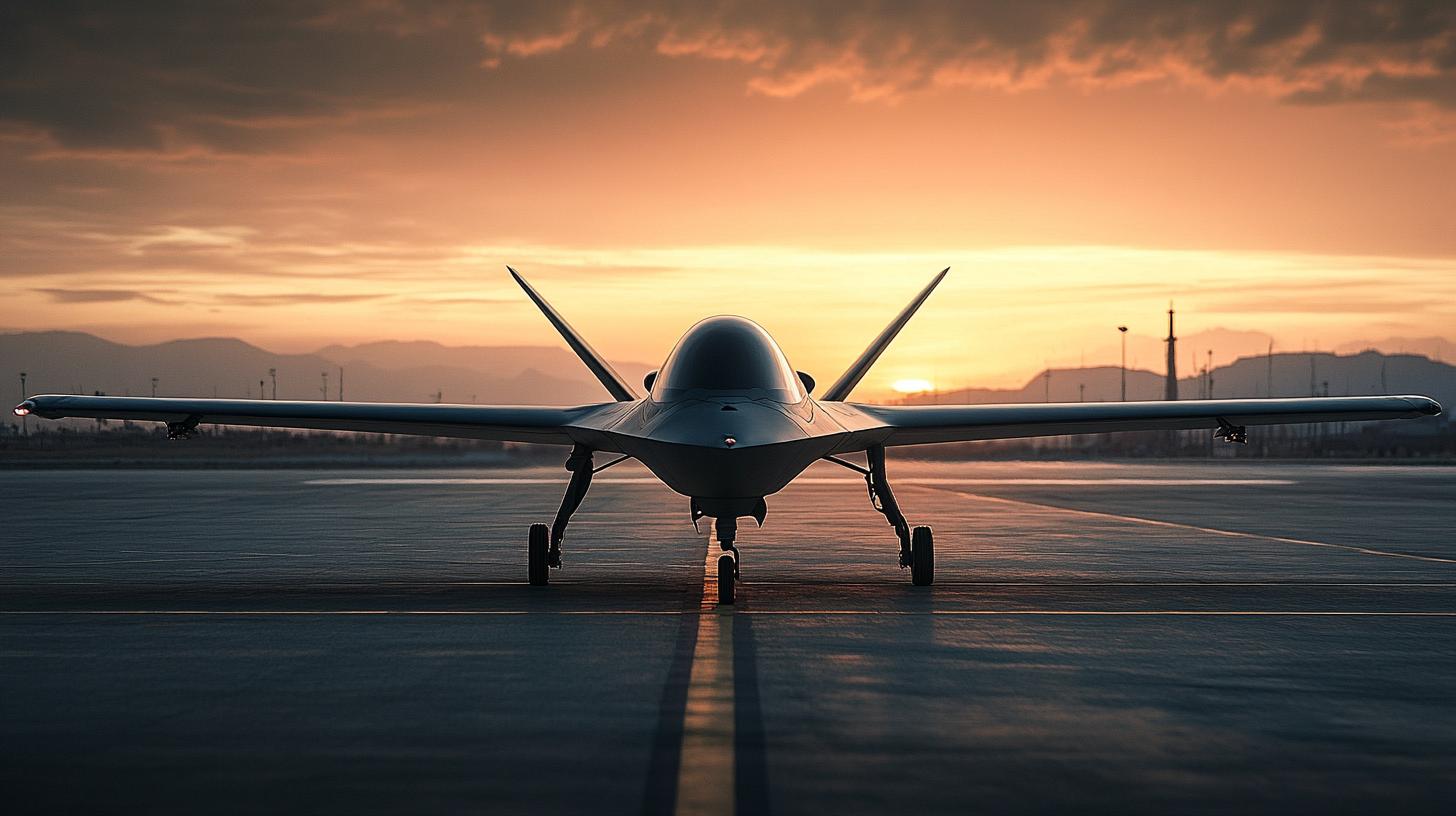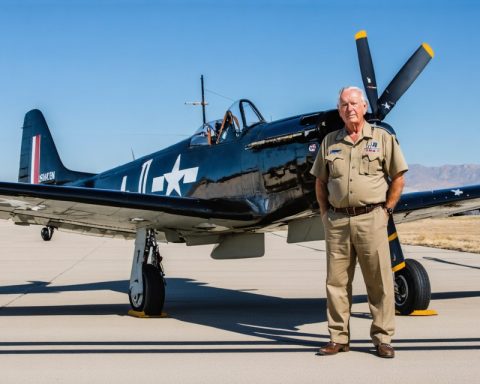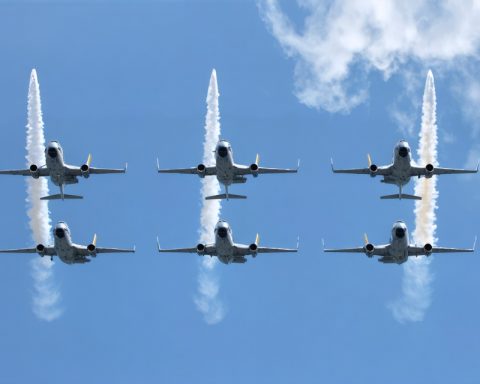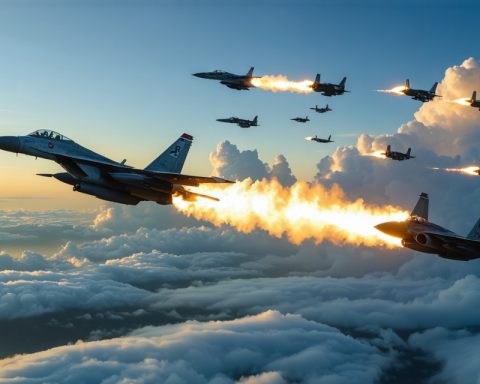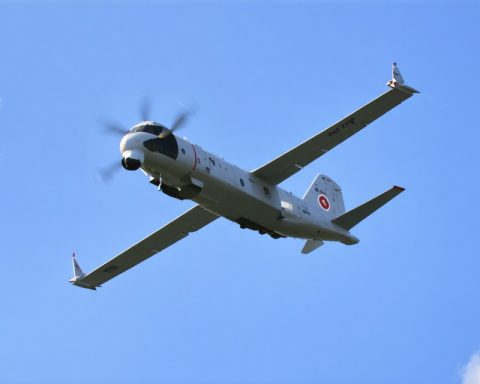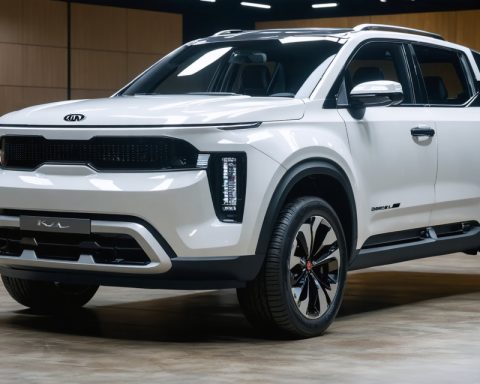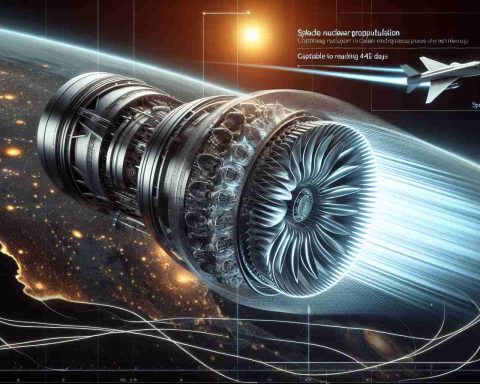In a surprising critique of conventional military aviation, tech visionary Elon Musk has challenged the future viability of the F-35 stealth fighter, calling for an aviation revolution centered around unmanned systems. Musk’s remarks come as nations globally are amassing fleets of F-35s, hailed as a pinnacle of modern aerial warfare technology.
Musk’s Opinion: During a recent tech summit, Musk bluntly stated that the F-35 fighter jet, despite its advancements, is the wrong direction for future military strategies. He argued that drones, with their capacity for autonomous operations and remote control, represent a more effective and adaptable means of combat. Musk highlighted that drones, unlike manned aircraft, minimize risk to human pilots and can be produced at a fraction of the cost and time.
Technological Edge: The Tesla and SpaceX CEO is known for his disruptive perspectives, and this vision of a drone-centric combat future aligns with current trends in technology advancement. Modern drone systems already exhibit impressive stealth, agility, and precision capabilities that challenge traditional fighter jets in certain scenarios. Musk envisions a future where AI-powered drones will outmaneuver manned aircraft, offering a paradigm shift in military strategy.
Future Implications: If Musk’s predictions hold true, defense strategies worldwide could pivot significantly towards investing in unmanned aerial technology. This shift could not only redefine air superiority but also reshape defense economies, intensifying research and development in AI and drone technology. As nations assess their arsenals, the debate ignited by Musk adds a fresh perspective on the future of military aviation.
Are AI-Powered Drones the Future of Combat? Exploring the Potential and Pitfalls
Amidst ongoing debates about the future of military aviation, Elon Musk’s recent assertion that unmanned systems will eclipse traditional fighter jets introduces a provocative twist. Beyond surface-level advantages, let’s delve into how AI-powered drones could revolutionize technology and warfare.
In-Depth Technological Advancements: Imagine drones equipped with cutting-edge AI that not only execute commands but learn and adapt in real-time. This could enable dynamic battlefield decision-making, creating a strategic advantage. The integration of machine learning enhances these drones’ ability to navigate complex and hostile environments, potentially outsmarting human pilots.
Societal and Ethical Considerations: How do autonomous drones alter the human role in warfare? While minimizing risk to pilots, there’s an ethical quandary: Does war become easier to wage when fewer human lives are at stake? The potential for AI errors and ethical misuse remains a concern. Will AI in warfare strip out human accountability?
Evaluating Economic Impact: Musk’s vision could lower defense costs due to cheaper production and operations of drones compared to manned aircraft. Yet, the initial investment in AI development is substantial. Nations might redirect funds from traditional aviation to software and autonomy projects, influencing defense economies and tech industries worldwide.
Advantages and Disadvantages: On the plus side, drones offer flexibility and cost efficiency. However, reliance on AI raises concerns about security vulnerabilities and cyber threats. As digital warfare emerges, who safeguards these autonomous systems?
In pondering the rise of AI-driven drones, society must balance technological progress with ethical responsibility. As we explore this nascent frontier, the implications for humanity and warfare are vast, inviting rigorous global discourse on their future. For more insights on technology’s impact on society, visit Tesla and SpaceX.
